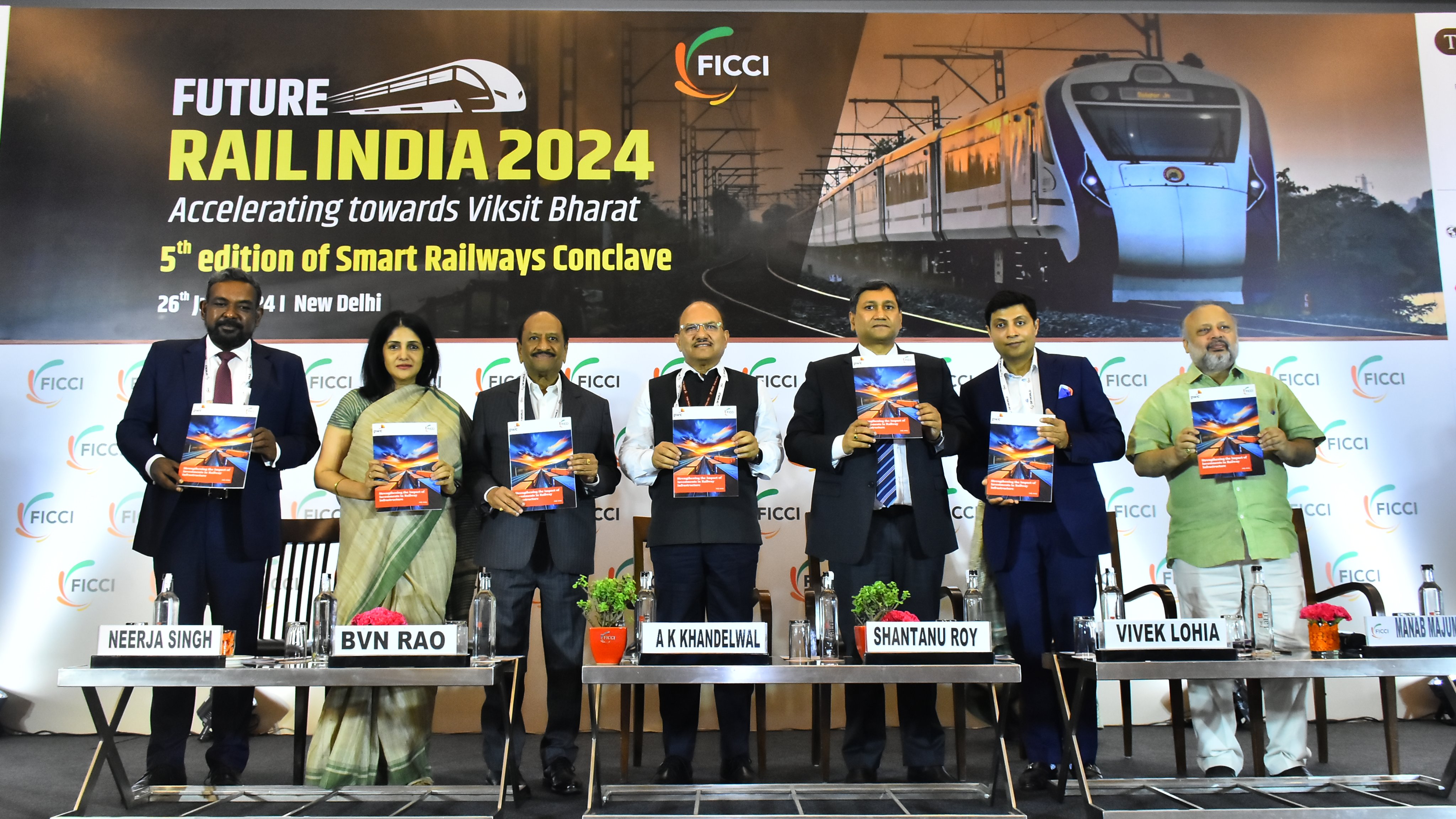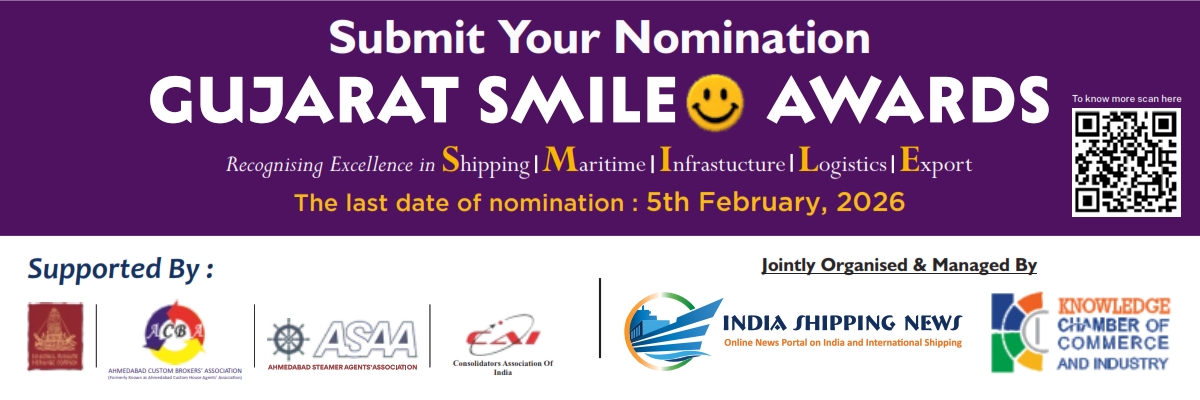
Indian Railways to launch its first Hydrogen train this year : Railways Board Member
NEW DELHI : Indian Railways’ will be launching its First Hydrogen Train this year, said a senior official from the Ministry of Railways on Friday. Speaking at FICCI’s Future Rail India 2024 Conference, Anil Kumar Khandelwal, Member (Infrastructure) of the Railway Board at the Ministry of Railways, said that environmental sustainability is a key focus for the ministry. “Our first hydrogen train will be coming this year, and we are planning to launch about 50 by 2047,” he said.
Railways’ ambitious plans extend to high-speed rail, said Khandelwal, adding that India is likely to see its first bullet train “running by 2027.” This rapid expansion is crucial for Indian Railways’ ambitious plans to increase its share of the country’s freight market. Khandelwal said, “Our total logistics market is about 5,000 million tonnes, out of which 1,600 million tonnes we carried last year. We plan to upgrade our infrastructure to take this figure by 2030-31 to 35 percent or 3,000 million tonnes.”
Railways rapidly expanding deployment of Kavach system
Indian Railways is rapidly expanding the deployment of its indigenous train protection system, Kavach, across the country’s vast rail network, Khandelwal said. “We have already finalised our Kavach final specification on July 16th for Version IV. Now, we are launching it in a big way throughout the country,” he said.
He added that the work has already been completed across more than 1,400 kilometres. It is going on across the 3,000 kilometres of Delhi-Mumbai and Delhi-Howrah railway networks, and bids are invited for a further 3,200 kilometres, with 5,000 kilometres more being invited shortly.
The railways are now inviting widespread industry participation in this crucial safety initiative. “I request industries to participate in a big way,” Khandelwal said, revealing that three companies have already been approved for Kavach, with eight more under consideration. This push for enhanced rail safety is part of a broader transformation of the Indian Railways. Central to this transformation is the newly established GatiShakti Directorate, designed to streamline project planning and execution. This centralised approach has yielded impressive results, with the number of projects sanctioned annually soaring from 7-8 to 70-80 every year, explained Khandelwal. “Earlier, we were able to deliver about four kilometres per day on average; now it has reached more than 14 kilometres per day. Last year, we did more than 5,000 kilometres of the new track,” Khandelwal stated.
Multiple opportunities for private sector: Khandelwal
During his presentation, Khandewal alluded to multiple opportunities for the private sector, spanning infrastructure development, safety, and passenger amenities development. Urging the industry to “gear up and deliver,” he noted, “This is the best time in the railway, where secured funding is available. It is on us how much we can deliver; funds are not a constraint.”
BEML to deliver India’s first Vande Bharat sleeper train within few weeks
Shantanu Roy, Chairman & Managing Director of BEML, emphasised that the country is “on the cusp of a transformation,” with the railway developments seen so far being merely “the tip of the iceberg.” He outlined eight pillars crucial for the future of rail modernisation in India. These include infrastructure development, electrification, technological advancements, logistics, safety and security, passenger amenities, sustainability initiatives, and metro expansion as key areas. Roy highlighted BEML’s significant contributions to the sector, having supplied over 20,000 coaches to the railways and 2,000 cars for metro systems. He also announced that BEML is set to deliver India’s first Vande Bharat sleeper train “within the next few weeks.”
BVN Rao, Chairman, FICCI Transport Infrastructure Committee and Business Chairman (Transportation & Urban Infra), GMR Group, underlined the significant progress and innovative advancements that have reshaped Indian Railways, setting new benchmarks in efficiency, sustainability, and connectivity. He noted the crucial role of cutting-edge technologies such as GIS, IoT, and Big Data analytics in enhancing operational efficiency and safety measures.
Vivek Lohia, Co-Chairman (Railways) of the FICCI Transport Infrastructure Committee and Managing Director of Jupiter Wagons, underscored the railway’s superior efficiency and sustainability, noting its 40 percent greater efficiency compared to road transport and an 85 percent lower carbon footprint. He also highlighted the sector’s recent achievements, including a 10 percent increase in operations and a 5 percent growth in freight loading capacity over the past year, with railways now carrying more than 1,600 million tonnes of freight.

